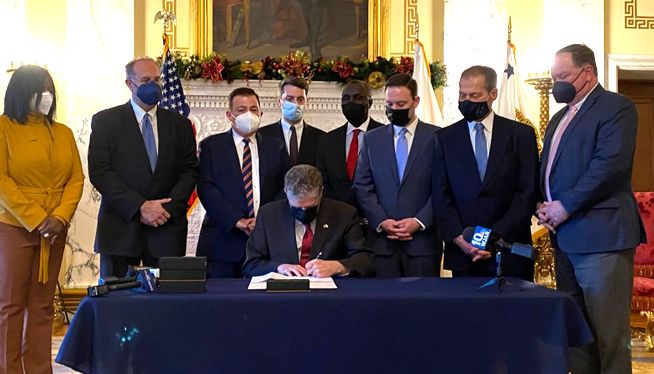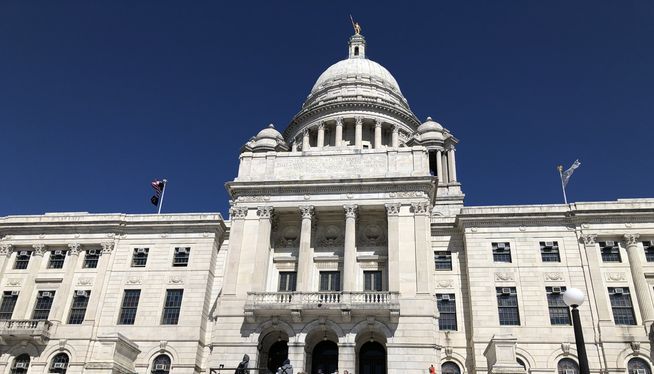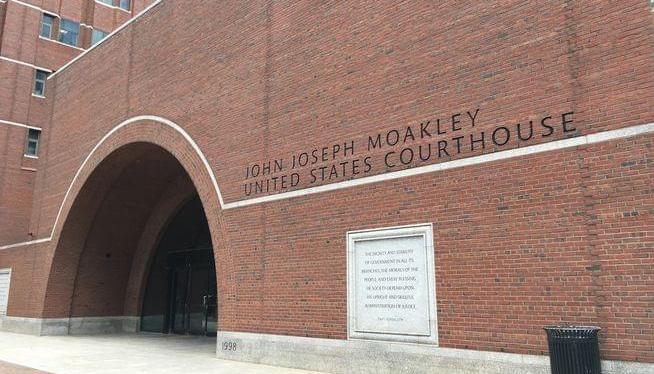
The Associated Press
Rhode Island lawmakers overwhelmingly approved spending $119 million in federal pandemic relief money Tuesday when they returned to the State House to start the new legislative session.
Rhode Island got more than $1.1 billion in American Rescue Plan funds, but has yet to spend any of it. The legislation approves roughly 10% of the money for supporting children, families and the child care industry; assisting small businesses impacted by COVID-19; promoting affordable housing and helping people without housing; and helping the hard-hit tourism, hospitality and event industries.
Democratic House Speaker Joseph Shekarchi said the “historic investment” is the first down payment on federal funding that will boost the economy and help families and businesses.
Before the bill passed the Senate, Democratic Sen. Cynthia Mendes, of East Providence, criticized her colleagues for not spending more sooner. Mendes is a candidate for lieutenant governor. Democratic Sen. Ryan Pearson, who leads the Senate Finance Committee, said the committee worked hard to fix flaws in the initial spending proposal and it would’ve been “nice” if Mendes participated in that process.
Democratic Gov. Dan McKee signed the legislation immediately after the vote, saying it directs federal funding where it’s needed most: children, families, workers, housing and small businesses.
Both chambers also voted to override two vetoes by McKee. The last such veto override was in 2012, according to the speaker’s office.
McKee vetoed a bill last year to create a statewide registry for short-term rental properties listed on websites such as Airbnb and VRBO, saying it would create an additional burden for property owners. Lawmakers from shoreline areas had worked to get the bill passed, saying their communities are being overwhelmed by short-term rentals.
Democratic Rep. Lauren Carson, of Newport, said Tuesday it’s a large, growing business and the state has a responsibility to record where the rentals are and register them.
McKee also vetoed legislation regarding auto body insurance claims that he said would ultimately burden consumers.
House Majority Leader Christopher Blazejewski said Tuesday a “few rogue insurers” say they don’t want to pay customary charges, and the legislation corrects the problem. House Minority Leader Blake Filippi warned it’ll make insurance rates go up. Filippi said the state has legal mechanisms to deal with bad actors and doesn’t need a standard that applies to every insurance company.
In the first few weeks of the new legislative session, lawmakers are expected to consider unfinished business from last year, including a plan to legalize recreational marijuana and legislation to allow the Rhode Island Division of Motor Vehicles to issue driving privilege cards to people who are not in the country legally.
They must also vote on how legislative and congressional districts should be reapportioned. After each 10-year census, the state constitution mandates redistricting for the General Assembly districts and the two congressional districts.













